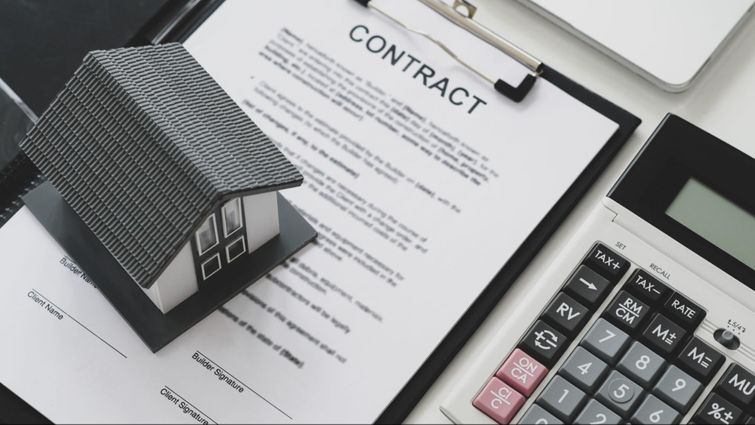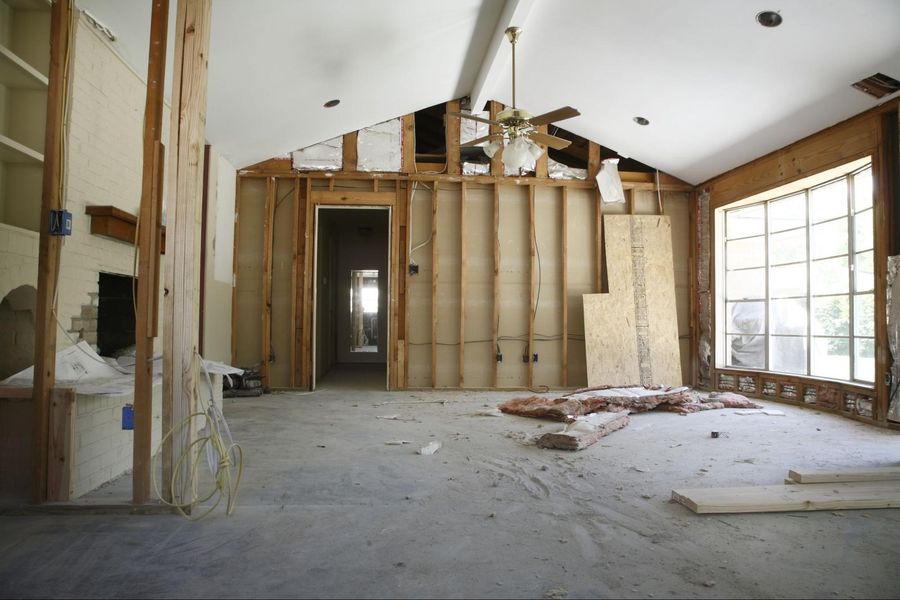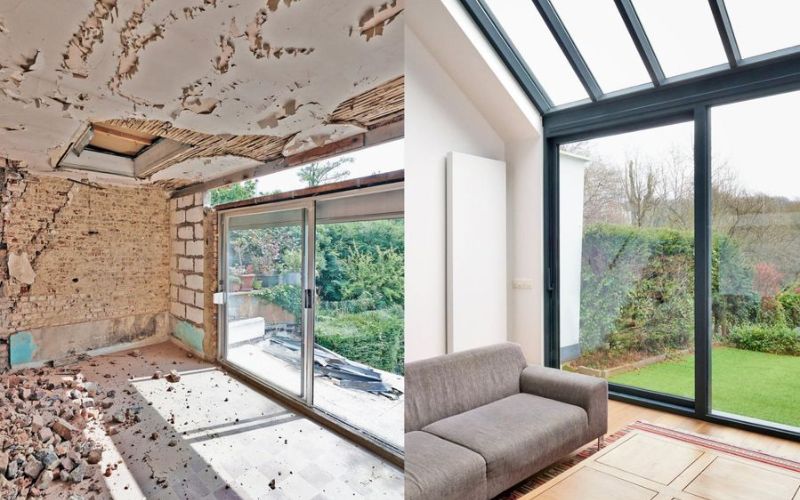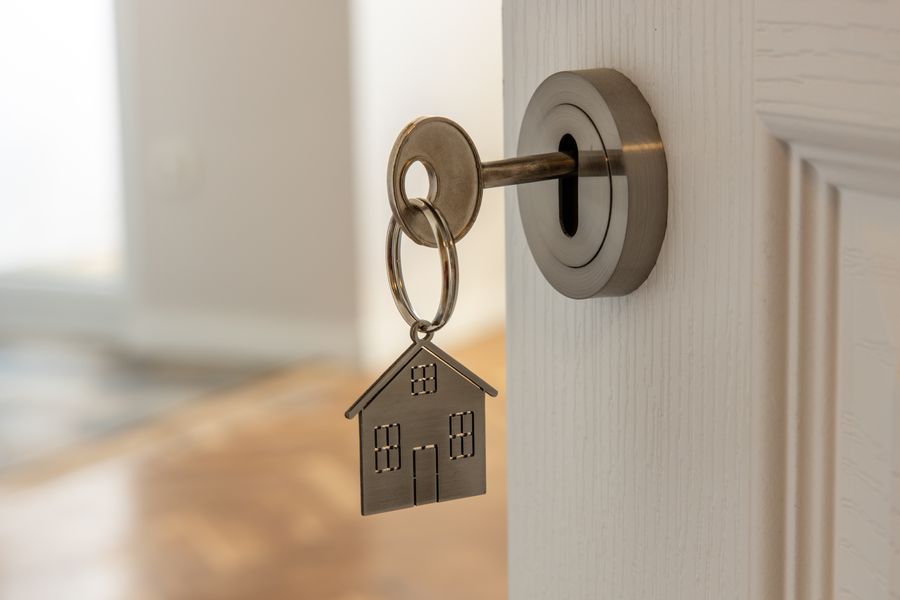Sometimes, life doesn’t go according to plan. While most people plan on staying in their newly purchased homes for a long time – even forever in some cases! – some find that they need to sell their homes not long after they initially bought them. Whether you need to relocate for your job, are getting divorced, have found unexpected (and expensive) issues or simply find that you don’t love the property as much as you thought you would, you are likely asking yourself, “How early can I sell my home?”.
Selling a house not long after buying
There are many different reasons as to why someone would want to sell their house after recently buying it. They could be leaving their common-law partner, have lost their ordinary income, need to relocate for their job, or have discovered that they hate their new neighbourhood. Whatever the reason is, everyone has the right to sell their house no matter how long ago it was bought. In fact, homeowners can technically put their house up for sale a day after they receive their keys.
Although it is possible to sell a property after buying, it does come with many downsides and the near guarantee of financial loss. Before calling a broker and putting the for sale sign out front of your house, read this article to understand what selling your home early can entail. We will explain how you can sell your home and what issues you may face before, during and after the selling process.
Mortgage prepayment penalties
A mortgage loan is a sacred contract that a borrower and a lender enter into when buying a home. This contract is not without its restrictions, some of which can be broken when owners sell their house not long after purchase. Some banks and mortgage lenders have it written into their contracts that a homeowner cannot sell their house within a certain time frame after purchase. Many mortgage lenders include these regulations because they don’t want to miss out on interest payments that they would have received for years to come.

If a homeowner puts their property up for sale before they are legally allowed to according to their existing mortgage contract, they are subject to a mortgage prepayment penalty. This is a fee that can vary depending on how the mortgage lender calculates the fine, but it usually is 2-5% of the remaining loan balance. This can be quite a large sum if you are a new homeowner who has not paid much off their mortgage. For instance, individuals who bought a $500,000 home and paid a 5% down payment may have to pay $23,750 in mortgage penalties.
Although clauses limiting the sale time frame are rare, it’s possible that they could be included in any mortgage contract. Sellers should read their home loan contracts thoroughly before putting their houses on the market otherwise it may cost them a great deal of money.
You can’t hide from potential buyers
While many sellers would like to hide the early resale of their home, it’s impossible to hide. Individuals, couples and families working with a real estate agent will know the last time the house was purchased and how much was paid for it. This means that potential buyers will be aware of anyone trying to sell early and how much they paid for the house.
Many potential buyers can be dissuaded from buying a property due to the recent purchase and early sale. They are likely to jump to the conclusion that there is something wrong with the property, especially if the property is up for sale in the same year that it was last bought. Sellers will need to have a convincing story and, in some cases, a report of the houses’ inspection to prove to a potential buyer that the home is in good condition.
Similarly, a realtor will know the original purchase price of the home. This means that it will be nearly impossible to raise the asking price unless renovations have been completed or the market has changed and the property value has increased. Unless you are one of the lucky few, it’s unlikely that you will sell your home for more money than what it was originally sold to you for.
Sellers are likely to lose money on extra fees
Much like buying a house, selling can be costly. Both buyers and sellers have to hire a realtor, real estate lawyer and pay taxes. The costs incurred during the selling process can quickly add up, especially for those who are selling their property for little to no profit.
Those who sell their house must pay land transfer taxes, legal costs, realtor services and other associated selling costs. These costs can be quite expensive, especially if you just paid the closing costs to buy the house in the first place. In most cases, people who sell their house in the same year that they bought it will always lose money due to the closing costs associated with selling.

It’ll be nearly impossible to avoid capital gains taxes
Once a house is sold, sellers will need to consider how much capital gains tax they will need to pay. Capital gain is one of the three forms of income in Canada. It is the profit earned from selling an asset or investments that have increased in value during the time in which you owned it. Some examples of taxable capital gains are homes, businesses, vintage sports cars and more. Because individuals can make a great deal of money selling these assets, the Canadian government has instituted a tax on the capital gains earned. Sellers will need to pay tax on 50% of their capital gains, the tax rate varying depending on the situation.
Thankfully, many sellers don’t have to pay capital gains tax due to the primary residence exemption under the Canada Income Tax Act. However, many journalists report that the idea of rescinding this tax bill and requiring sellers to pay the capital gains tax for the sale of any home – not just secondary residences. While this change has been discussed, it has not been formally enacted. This means that selling their primary residence and can avoid capital gains tax and sell their house tax-free. Real estate investors aren’t as lucky as principal homeowners.

Real estate investors are not exempt from capital gains and must pay tax on the sale of their secondary residences. This means that investment properties that are sold less than a year or a few years after it was originally bought will still be taxed under the capital gains tax. The tax rate is determined based on what the investment property was originally bought for, what it is sold for, any selling expenses and the seller’s income. If the property is sold for only slightly more than the original sale, sellers can expect to pay capital gains tax. Sellers that don’t make a profit on selling their investment property will face capital losses, the loss of net worth.
Those who face capital losses should seek help from a tax professional when filing their tax return. Capital losses must be reported on a tax return as it determines a person’s tax liability and they can even be used to reduce their taxable capital gains for 3 years. While a person may have lost money from selling their home, they could use that loss to save them from paying more tax in the future.
Save money where you can
It is almost guaranteed that homeowners who sell their house less than a year after they bought it will lose money. Because of this, it is important for sellers to look to reduce closing costs where they can.
A great way to reduce the selling expenses is to hire an affordable real estate professional. Typically in Ontario, real estate agents’ commission fees are 6% of the sale price of a home. This can quickly add up if you sell a house not long after you bought it. Low-cost brokerages can offer a commission rate as low as 1% for their services. This means that sellers would only need to pay $5,000 rather than $30,000 when selling their $500,000 home.
Rent instead of selling
There are other alternatives to selling a new home and taking a financial hit. Sellers could always use their house as a rental property for several years. This would allow homeowners to wait for their home’s property and market value to increase. Meanwhile, owners can use the income gain from rent to pay their mortgage.
This is a variable option for some sellers, but it may not be for others. Speak to a financial planner to determine whether using your one principal residence as a rental property is possible. If it is a route you are looking to take, educate yourself on as it may be something you will experience in the future.
Before putting your house on the market

Overall, it’s very unlikely that individuals, couples or families selling their homes early will turn a profit. It takes time for equity and property value to increase, so sellers must expect to receive what their house was originally posted for, or slightly more or less. The other costs of selling such as hiring a real estate agent and broker, lawyer and paying applicable taxes, can quickly cause any profits to dwindle.
Although the odds are against early sellers, you may be the exemption. In some cases, early sellers can make large profits if the market has dramatically increased, causing their home value to go up. This is especially true if they plan to move to an area with more affordable real estate. While this is possible, it rarely happens, leading many people to think that these individuals may simply have had luck on their side.
Before calling a real estate agent and putting your house up for sale, take the time to consider whether you can afford to sell early and whether it is truly worth it. Ask yourself whether you are really willing to pay land transfer taxes, real estate fees, legal fees and more, especially if you only receive what you originally paid for your home.
Emma Scott is a Content Writer with a passion for accessibility, the environment, and history. She currently works for Merged Media (a proud partner of CREW & REP) in Guelph, Ontario.









